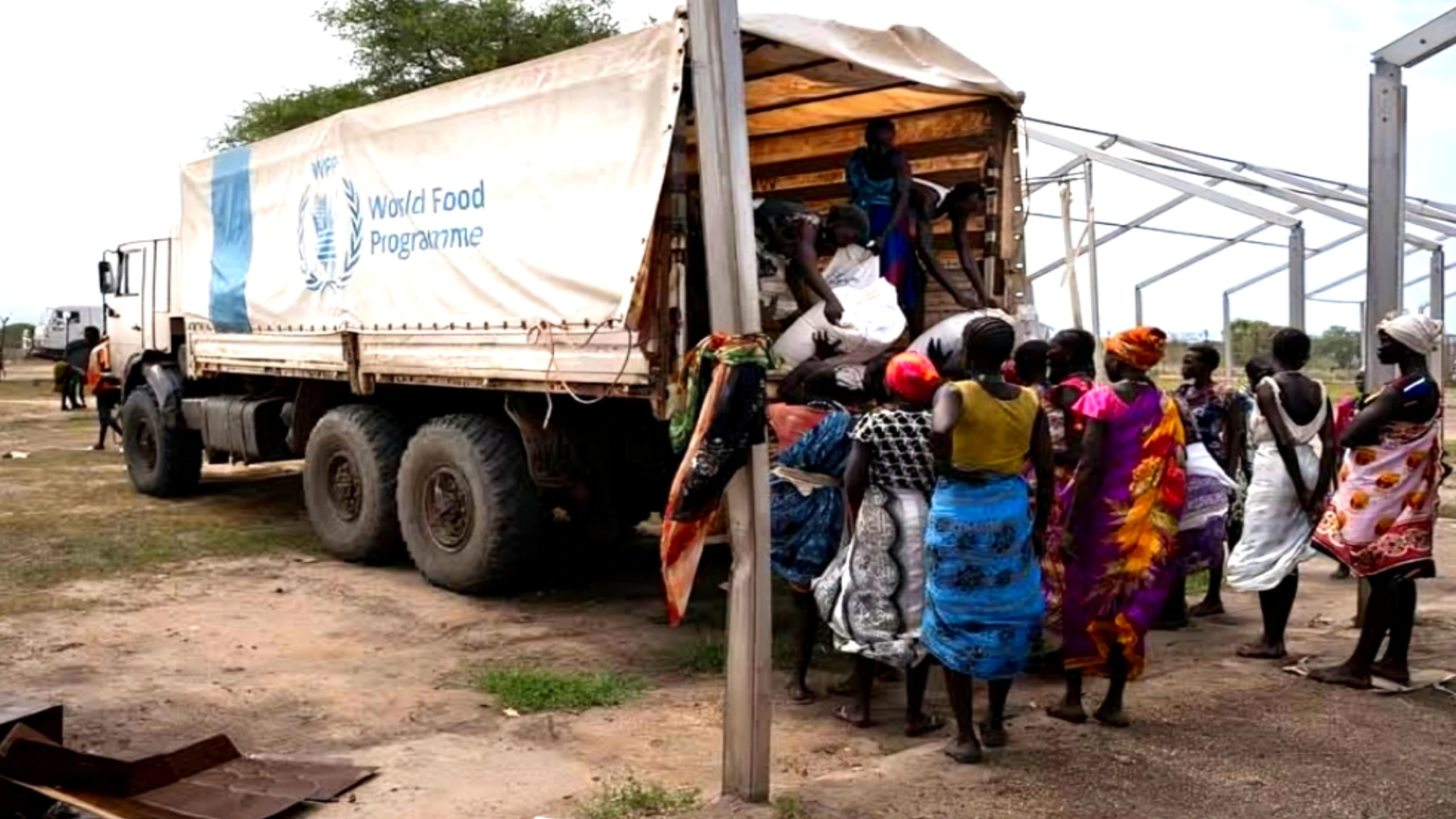The United Nations Population Fund (UNFPA) has issued a strong statement following the U.S. government’s decision to halt its funding, invoking a decades-old law known as the Kemp-Kasten Amendment.
The agency denounced the move as being based on "unfounded allegations" related to its activities in China — claims it says have been repeatedly disproven, including by previous U.S. administrations.
The Kemp-Kasten Amendment, first enacted in 1985, bars U.S. funds from supporting organizations involved in coercive abortion or involuntary sterilization, as determined by the U.S. President.
This latest funding suspension compounds earlier decisions to cancel over 40 humanitarian initiatives, totaling approximately $335 million in aid. UNFPA warned that the loss of American support would have serious consequences, particularly for maternal health programs in war-torn and disaster-affected areas.
According to the agency, the funding cut will undermine access to lifesaving care, including support for midwives working to prevent maternal deaths in challenging conditions. UNFPA described these interventions as among the most cost-effective in global development, providing long-term benefits across generations.
The United States, a founding member and historically one of UNFPA’s most significant donors, has played a key role in strengthening health systems globally. UNFPA noted that in the past four years alone, U.S. contributions helped prevent more than 17,000 maternal deaths, nine million unintended pregnancies, and nearly three million unsafe abortions through expanded access to voluntary family planning.
The agency called on Washington to reconsider its stance, urging a return to leadership in global public health. It stressed that supporting UNFPA, the only UN body focused solely on reproductive health and rights, is an effective way to counter coercive practices rather than promote them.
UNFPA affirmed its willingness to maintain dialogue through its Executive Board, where the U.S. has been an active participant for over five decades. It also reiterated its ongoing commitment to safeguard the health, rights, and dignity of women and girls worldwide.








